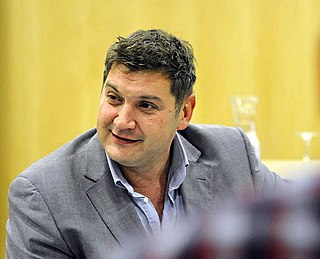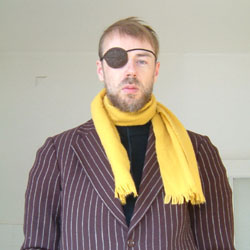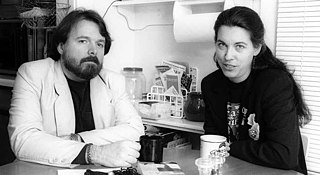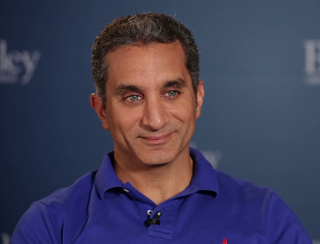A Quote by Thomas Bidegain
Related Quotes
"It is essential to understand this point thoroughly: that the thing-in-itself, whether animal, vegetable, or mineral, is not only unknowable-it does not exist. This is important not only for sanity and peace of mind, but also for the most "practical" reasons of economics, politics, and technology.. This is not to say only that things exist in relation to one another, but that what we call "things" are no more than glimpses of a unified process. Certainly, this process has distinct features which catch our attention, but we must remember that distinction is not separation."
I am astonished, disappointed, pleased with myself. I am distressed, depressed, rapturous. I am all these things at once, and cannot add up the sum. I am incapable of determining ultimate worth or worthlessness; I have no judgment about myself and my life. There is nothing I am quite sure about. I have no definite convictions - not about anything, really. I know only that I was born and exist, and it seems to me that I have been carried along. I exist on the foundation or something I do not know.
I do think it's important to distinguish between intentionalism about consciousness and externalism about consciousness. Intentionalism says that consciousness is a form of intentionality - the representation of things to the mind. Externalism says that these things have to exist in order for them to be represented, or presented. These are different views.
I mean, creatures who only exist in the dark don't know they're missing the sun, right? But once you've seen the sun. Once you've seen it light up the world ... once you've felt its heat all around you ... inside you ..." He clutched his own chest, and my heart cracked open. "Its hard to live in the dark after the sun dies.
It is a special kind of enlightenment to have this feeling that the usual, the way things normally are, is odduncanny and highly improbable. G.K.Chesterton once said that it is one thing to be amazed at gorgon or a griffin, creatures which do not exist; but it is quite another and much higher thing to be amazed at a rhinoceros or a giraffe, creatures which do exist and look as if they don't. This feeling of universal oddity includes a basic and intense wondering about the sense of things.
If things do not exist as fixed, independent entities, then how can they die? Our notion of death as the sudden expiration of that which was once so real starts to unwind. If things do not exist in their own right and are flickering rather than static, then we can no longer fear their ultimate demise. We may fear their instability, or their emptiness, but the looming threat of death starts to seem absurd. Things are constantly dying, we find. Or rather, they are constantly in flux, arising and passing away with each moment of consciousness.




































